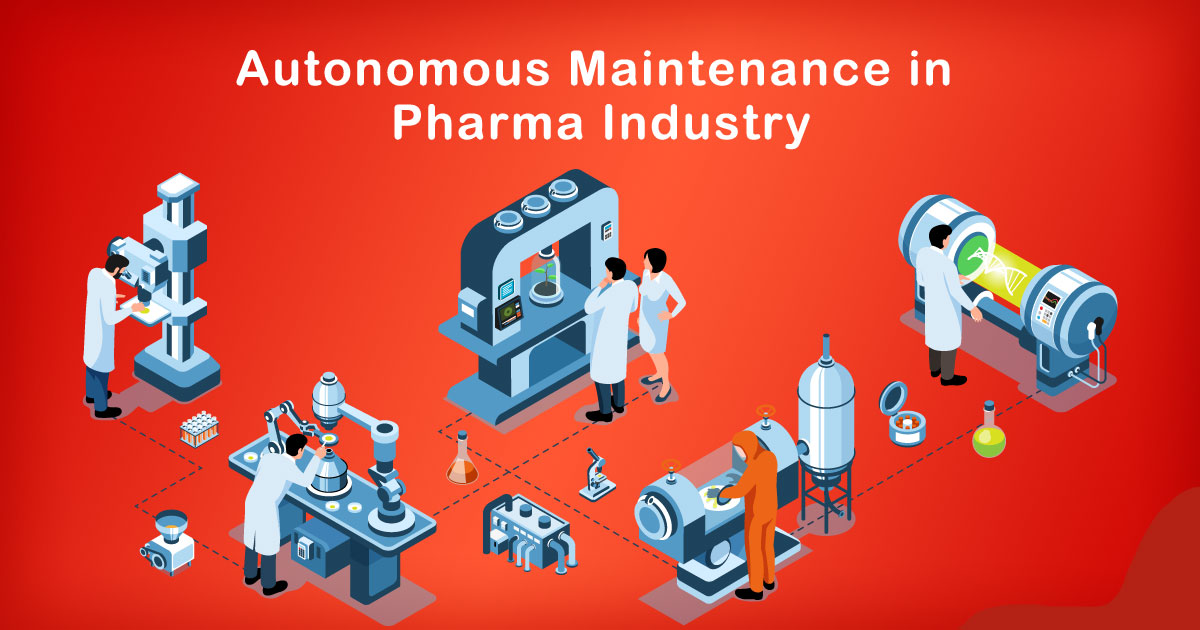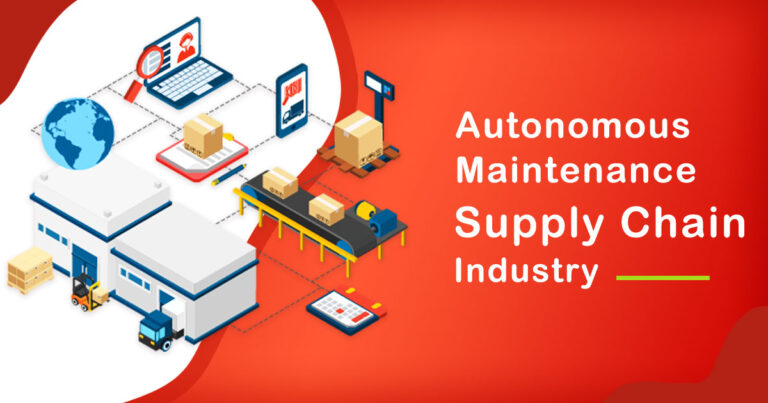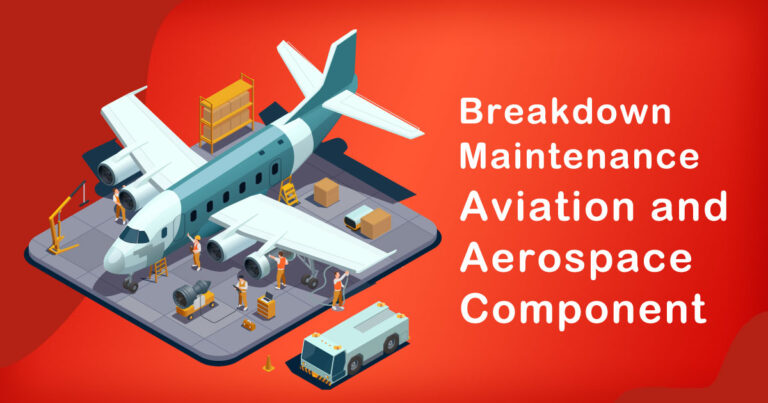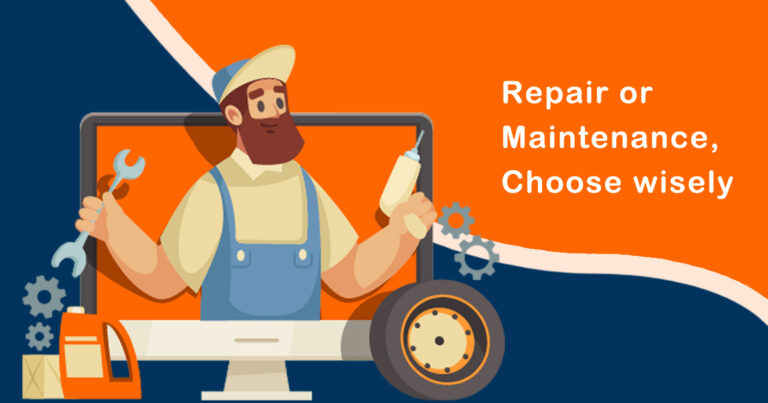Introduction
The pharmaceutical industry in India has been witnessing remarkable growth over the years, becoming a significant contributor to the country’s economy. However, with an increasingly competitive landscape and stringent regulatory requirements, pharmaceutical companies are seeking innovative ways to enhance their productivity, quality, and overall operational efficiency. One approach gaining traction is Autonomous Maintenance (AM). In this blog, we will delve into the concept of AM and explore its application and benefits within the Indian context.
What is Autonomous Maintenance?
Autonomous Maintenance is a crucial pillar of Total Productive Maintenance (TPM), a comprehensive approach focused on maximizing equipment effectiveness and reducing downtime. AM empowers frontline employees to take responsibility for the maintenance and care of their equipment. Rather than relying solely on maintenance teams, operators play an active role in identifying and addressing minor issues, conducting routine checks, and preventing equipment breakdowns.
The Implementation of Autonomous Maintenance in Indian Pharma
The pharmaceutical industry in India faces unique challenges, such as stringent regulations from governing bodies like the Central Drugs Standard Control Organization (CDSCO) and the need for continuous adherence to Good Manufacturing Practices (GMP). As a result, any operational disruption can have significant implications, leading to delays in production and compromising product quality.
AM offers several advantages that make it particularly relevant to the Indian pharma context. By integrating AM into their maintenance practices, pharma companies can experience the following benefits:
Increased Equipment Reliability:
Autonomous Maintenance encourages operators to identify and address equipment issues at an early stage. By promptly fixing minor glitches, operators can prevent the development of more serious problems, leading to improved equipment reliability and reduced downtime.
Enhanced Productivity:
With AM in place, operators become more proactive in maintaining equipment, reducing the reliance on reactive maintenance. This shift from corrective to preventive maintenance results in increased productivity and higher equipment availability.
Quality Assurance:
In the pharmaceutical industry, product quality is non-negotiable. By implementing AM, operators can perform routine checks and identify deviations in equipment performance, ensuring that the production process remains in control, and the final product meets the highest quality standards.
Empowered Workforce:
Autonomous Maintenance fosters a sense of ownership and responsibility among frontline employees. They become more engaged in their work, as they directly contribute to the reliability and performance of the equipment they operate, leading to a more motivated workforce.
Cost Savings:
Preventive maintenance and reduced downtime lead to cost savings in the long run. As operators play a more active role in maintenance, the need for external maintenance contractors or specialized teams decreases, resulting in cost optimization.
Case Study: Successful Implementation of AM in an Indian Pharma Company
To gain deeper insights into the impact of AM in the Indian pharma industry, let’s explore a real-life case study:
Company: XYZ Pharmaceuticals Ltd.
Challenge: Frequent equipment breakdowns were affecting production schedules and product quality, resulting in financial losses and delayed deliveries.
Solution: XYZ Pharmaceuticals implemented Autonomous Maintenance in collaboration with TPM consultants. Operators were trained to conduct routine equipment checks, minor repairs, and lubrication activities.
Results:
- Equipment reliability increased by 35%, leading to a 20% reduction in downtime.
- The number of product defects decreased by 25%, ensuring compliance with GMP and regulatory standards.
- Employee engagement and job satisfaction improved, leading to a 15% reduction in employee turnover.
Conclusion
In conclusion, Autonomous Maintenance is proving to be a game-changer in the Indian pharma industry. By empowering operators to take charge of equipment maintenance, pharmaceutical companies can enhance equipment reliability, optimize productivity, ensure top-notch product quality, and foster a motivated and engaged workforce. As the industry continues to evolve, the successful integration of AM will undoubtedly play a pivotal role in securing a competitive advantage and sustaining growth in the highly competitive pharmaceutical landscape of India.








